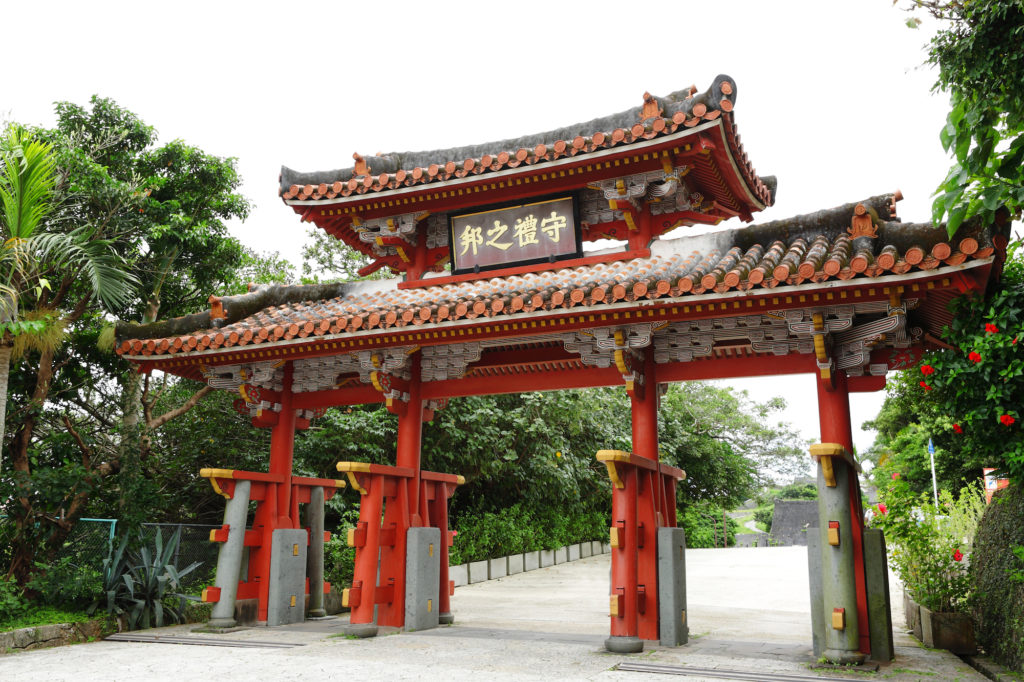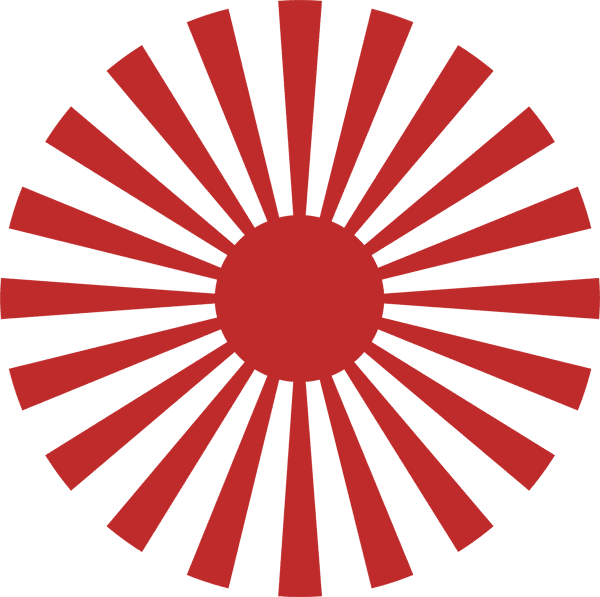Karate, a word that resonates with strength, discipline, and a rich heritage. It is much more than just a set of movements or a method of self-defense. Karate is a philosophy, a way of life that unites mind, body and soul in a constant quest for perfection and balance.
Born in the Okinawa archipelago in Japan, traditional karate, also known as karate-do, is the result of centuries of culture and practice. The word itself, karate, literally translates to “the way of the empty hand,” symbolizing the idea that one can be powerful even without weapons, simply through the body and mind.
Through this site, we will dive deep into the roots of karate. We will explore its fascinating history, from the ancient martial arts of China and Okinawa to the modern world-renowned practice. We will discuss his philosophy, which goes far beyond fighting techniques to include valuable life lessons. Finally, we will examine the differences between traditional karate and other forms of karate, to better understand what makes traditional karate unique and authentic.
The history of karate is not only a chronicle of technical evolution, it is also the story of the people who shaped it, the dedicated masters who passed their knowledge from generation to generation. It is the story of cultures that have intertwined through the centuries, creating a discipline that continues to fascinate and inspire millions of people around the world.
So get ready for a trip back in time to the heart of one of the most respected and influential martial arts in history. Welcome to the world of traditional karate.


